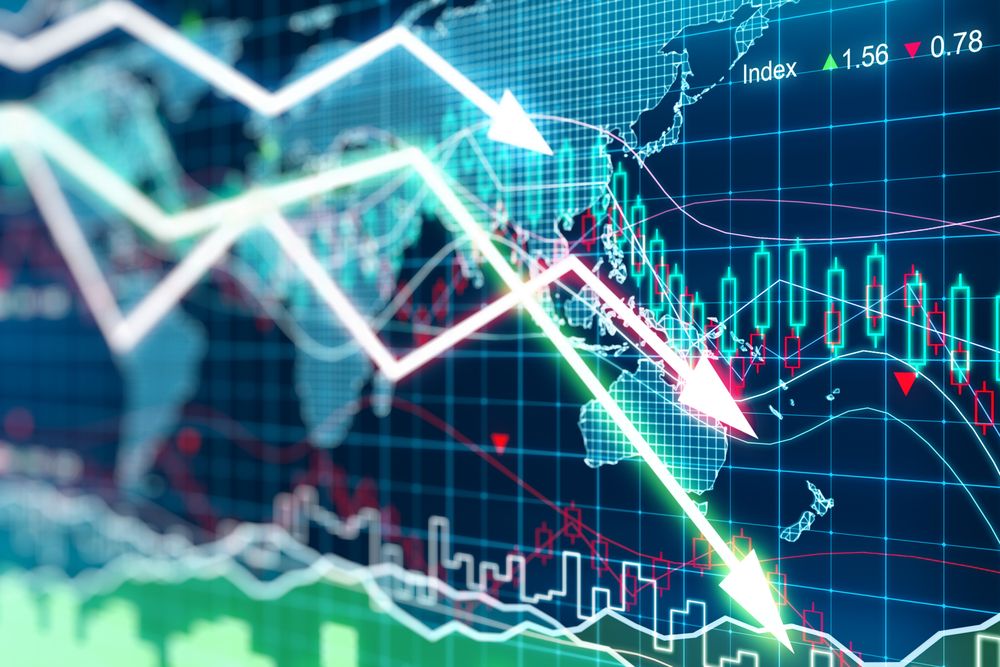
Welcome to our in-depth exploration of the intricate role debt plays in the sphere of economic development. In this article, we will unravel the complexities of debt financing, its potential impact on growth and stability, and the delicate balance policymakers must maintain to harness its benefits while mitigating the risks. By the end of this journey, you’ll have a clearer understanding of how debt acts as a double-edged sword in the world of economics.
Understanding the Basics of Debt and Economic Growth
Debt is often perceived as a negative term, synonymous with financial hardship and economic burden. However, in the realm of economic development, it can be a catalyst for growth when used wisely. Governments and businesses alike borrow money to invest in projects and initiatives that can lead to future prosperity. This borrowed capital is used to build infrastructure, fund research and development, and stimulate business activities, potentially resulting in job creation and income generation.
The relationship between debt and economic growth is underpinned by the concept of leverage. By borrowing funds, entities can amplify their investment capabilities, leading to larger-scale projects that might not be feasible with equity or savings alone. This leverage can accelerate growth, but it also introduces the risk of overextension. If the investments fueled by debt do not yield the expected returns, the debt burden can become unsustainable, leading to financial crises and economic downturns.
The Positive Impacts of Debt on Development
When managed prudently, debt can be a powerful tool for economic development. For developing countries, access to credit is essential for financing infrastructure projects such as roads, schools, and hospitals. These investments are crucial for improving the quality of life, enhancing productivity, and attracting foreign investment. Debt financing also enables governments to maintain public services and social programs during economic downturns, helping to stabilize the economy and protect the most vulnerable populations.
In the private sector, businesses utilize debt to expand operations, increase production, or enter new markets. This expansion can lead to economies of scale, reduced costs, and improved competitiveness, all of which contribute to economic growth. Moreover, the availability of credit allows for innovation and entrepreneurship, as individuals and small businesses can access the capital needed to bring new ideas to fruition.
The Risks and Challenges of Debt-Financed Growth
While debt can spur economic development, it also carries significant risks. Excessive borrowing can lead to a debt overhang, where the size of the debt stifles economic growth because resources are diverted from productive investments to interest payments. High levels of debt can also trigger investor uncertainty, leading to higher borrowing costs and potential capital flight. Moreover, foreign-denominated debt exposes countries to exchange rate volatility, which can dramatically increase the cost of debt repayment.
Another challenge is the potential for creating asset bubbles. Easy access to credit can lead to overinvestment in certain sectors, such as real estate, driving up prices unsustainably. When these bubbles burst, they can cause widespread financial instability and recessions. Both governments and private entities must therefore carefully assess their debt levels and the viability of their investments to avoid these pitfalls.
Debt Sustainability and Policy Implications
To harness the benefits of debt while warding off the risks, it is essential to focus on debt sustainability. This concept refers to the ability of a country to meet its debt obligations without requiring debt relief or accumulating arrears. Sustainable debt levels depend on a variety of factors, including the country’s economic growth rate, fiscal policies, and external conditions.
Policymakers play a critical role in ensuring debt sustainability. They must design fiscal frameworks that balance the need for investment with the imperative of maintaining healthy debt levels. This involves prudent borrowing practices, efficient tax systems, and a focus on investments that offer high social and economic returns. Additionally, policies should aim to diversify the economy and strengthen institutions to increase resilience against economic shocks.
The Future of Debt in a Changing Global Economy
Looking ahead, the role of debt in economic development will continue to evolve in response to global trends. Technological advancements, demographic shifts, and environmental concerns are reshaping the economic landscape, and financing strategies must adapt accordingly. For instance, green financing is emerging as a critical area for debt instruments, with green bonds and other mechanisms funding sustainable development projects.
Moreover, the international community is increasingly recognizing the need for debt relief initiatives for the most indebted nations. Such measures can help countries escape the debt trap and reallocate resources toward growth-enhancing investments. As the global economy becomes more interconnected, cooperation among nations, financial institutions, and the private sector is essential to manage debt responsibly and ensure that it continues to serve as a tool for economic development, rather than a hindrance.
The role of debt in economic development is indeed a double-edged sword. It has the potential to unlock growth and improve living standards but can also lead to financial crises if not managed wisely. As we navigate the complexities of the global economy, a nuanced understanding of debt’s impact on development is more crucial than ever. With careful policies and international collaboration, we can wield this powerful tool to carve a path toward sustainable and inclusive growth for all.
